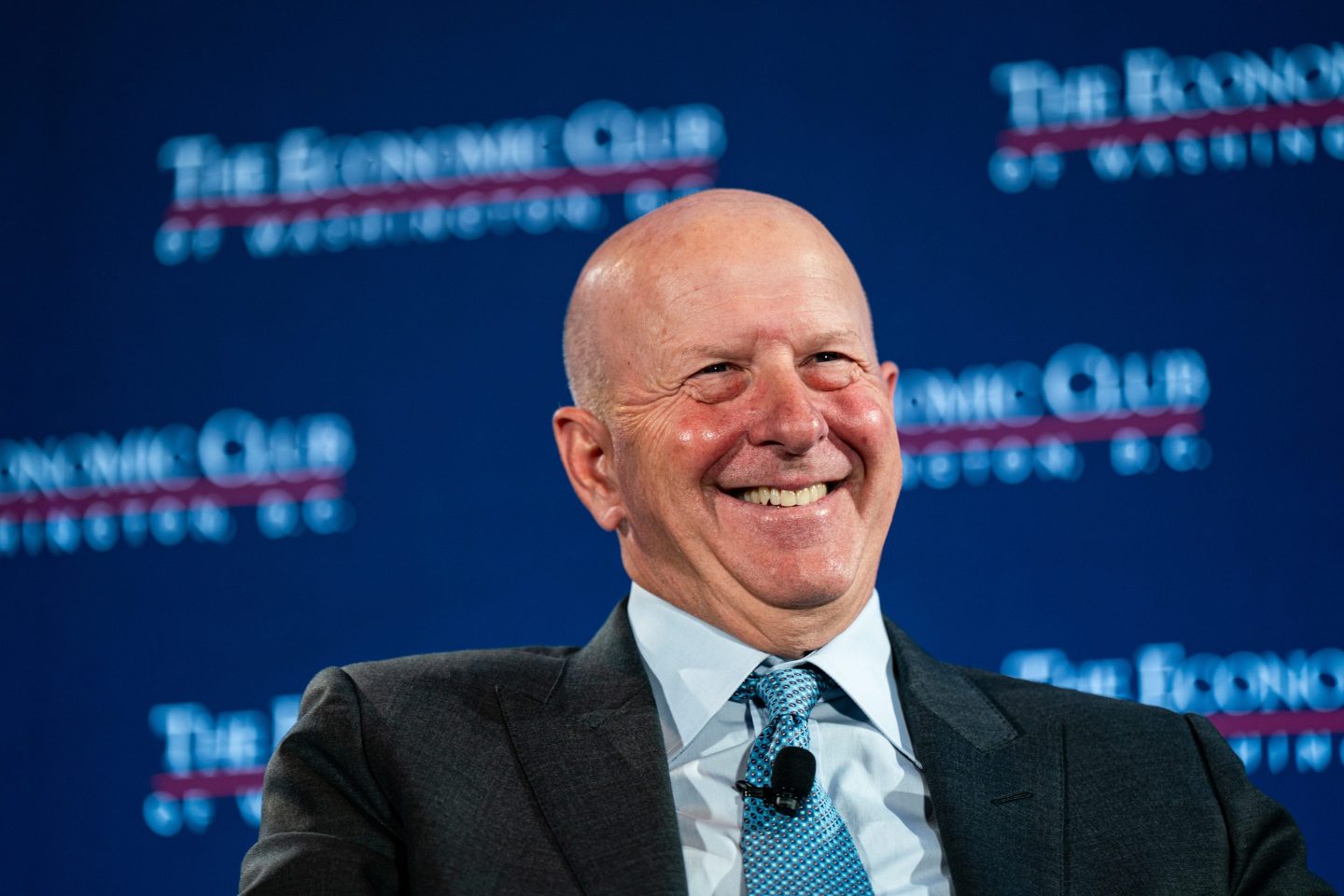Women still make $0.83 to every dollar men earn in the U.S. Many times, this persistent gap is attributed to the fact that most women don’t ask for higher wages. But it turns out, the majority of men don’t either.
A little over a quarter of women (28%) asked for higher pay the last time they were hired for a new job, according to new research released Wednesday by Pew Research Center. But men were only slightly more likely (32%) to have requested more pay when last hired.
While Pew’s research does find it’s true that women are more likely than men to say they don’t feel comfortable asking for higher pay, getting over that trepidation doesn’t always net higher salaries. When asking for higher pay, only about 28% of workers were given the compensation they requested, Pew found. And women were more likely than men to report that they still received the salary initially offered—even after asking for a higher salary.
So simply getting women to more frequently ask for raises isn’t likely to make a big impact on closing the gap. When it comes to achieving pay equity, companies and workers alike need to focus on systemic changes rather than individual habits, Reshma Saujani, founder and CEO of Moms First and the founder of Girls Who Code, said in remarks at a Catalyst event in New York on Thursday.
“Do not have another workshop on how to teach women how to negotiate for a raise,” she said. Any equity training or program that are centered around trying to “fix” women—such as trying to secure a mentor or a sponsor—is not an effective approach. “Throw it in the garbage, because it’s wrong,” she said.
“If you treat it that way, one woman at a time, we’re never gonna get there. But if you look at it from a structural perspective, we’re gonna get to equality a whole lot faster,” Saujani said. “Simply allow me to bring in one of my students who will build you an algorithm to help you create equal pay for your company. It is that simple. It is not rocket science.”
Imposter syndrome, which is more common among women, does contribute to female workers’ discomfort around asking for higher pay. Yet Saujani says corporations play on this fear to their benefit. “Imposter syndrome is not a syndrome. It’s a strategy. It’s a strategy to make us think that we are not qualified or prepared when we are,” she says of women workers.
In fact, occupation and industry tend to be the biggest measurable factors that contribute to the gender pay gap, according to recent research from the the U.S. Census Bureau and the Department of Labor’s Women’s Bureau. Yet about 70% of the current pay equity gap is immeasurable—even in this day and age.
“There is pretty broad consensus among researchers and economists that at least a portion of that is discrimination,” Sarah Jane Glynn, senior advisor at the Department of Labor’s Women’s Bureau, tells Coins2Day. But because researchers can’t pinpoint discrimination precisely in these kinds of statistical models, it’s sort of an “open question” on how much of an impact that is, she adds.
“That 70%, we can’t say for sure, yes, 70% is discrimination. But we know that’s a big piece of what’s lurking underneath that,” Glynn says.













